Jul 25, 2023
In response to the Biden Administration’s designation today of the Emmett Till and Mamie Till-Mobley National Monument, the America The Beautiful For All Coalition released the following statement from Jerry Otero, Public Lands Workgroup Co-Lead:
“When America’s public lands reflect a more complete American story, more people see themselves and their stories, even painful truths that teach us hard lessons. The Till family has yet to see justice despite nearly seven decades having passed. A monument is a worthy and deserving designation to ensure we preserve history and learn from the past, and to use these lessons in our pursuit of fairness and justice for all.
“We appreciate the Biden Administration for listening to the American public and using the Antiquities Act–as called for in our 2023 Policy Agenda–to protect and preserve these critical places and stories. However more work is needed to include America’s full history – especially critical stories from communities of color left to the margins of many in the stories told through our public lands. It is designations like the new Emmett Till and Mamie Till-Mobley National Monument that will inspire more people to protect the public lands that in turn protect us from the worst effects of climate change, support public health, and sustain our economies and ways of life. Today’s designation moves us a step closer to our goal of conserving 30% of our lands and waters by 2030, and ensuring that frontline communities receive the investment they have long been denied.”
About Us:
The America the Beautiful for All Coalition consists of nearly 200 organizations working collectively to thwart the rapidly advancing impacts of climate change; stem the loss of biodiversity; increase more equitable access to nature’s benefits; and ensure at least 40% of conservation spending occurs in communities of color and frontline communities that have historically seen little to no conservation investments. Member organizations range in focus from urban parks and green space, Indigenous rights, public lands protection, public health, wildlife, outdoor recreation and freshwater and ocean conservation — all representative of identities and issue areas that have traditionally been underrepresented in conservation decision-making in the United States.
